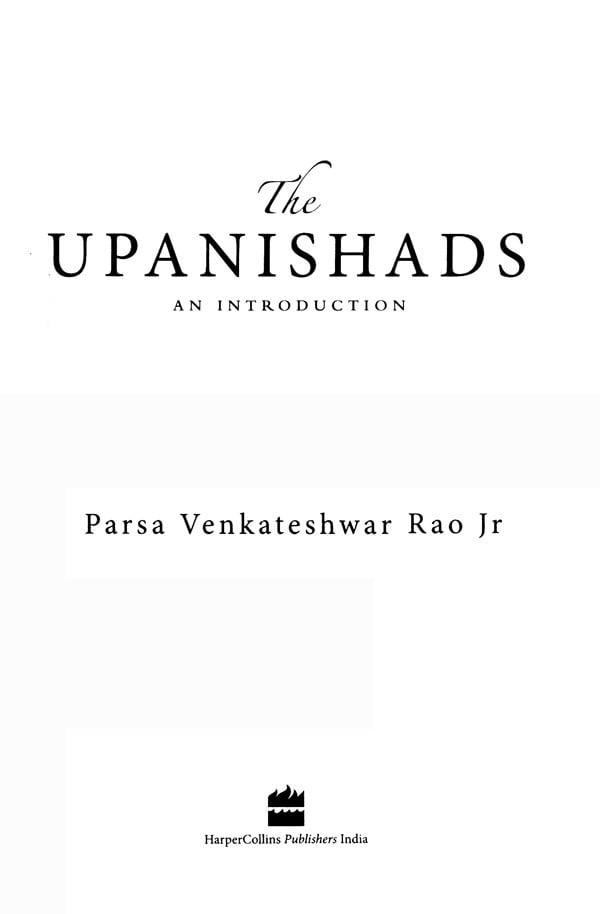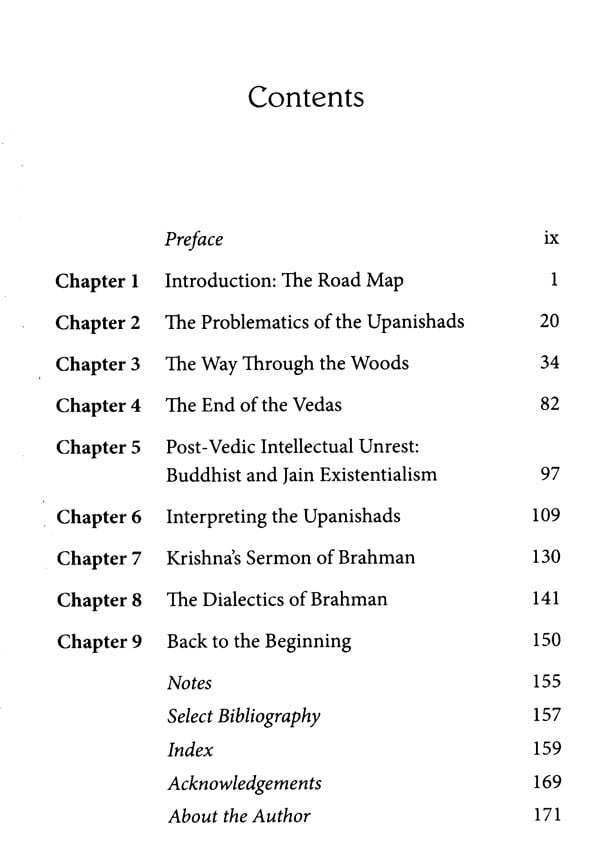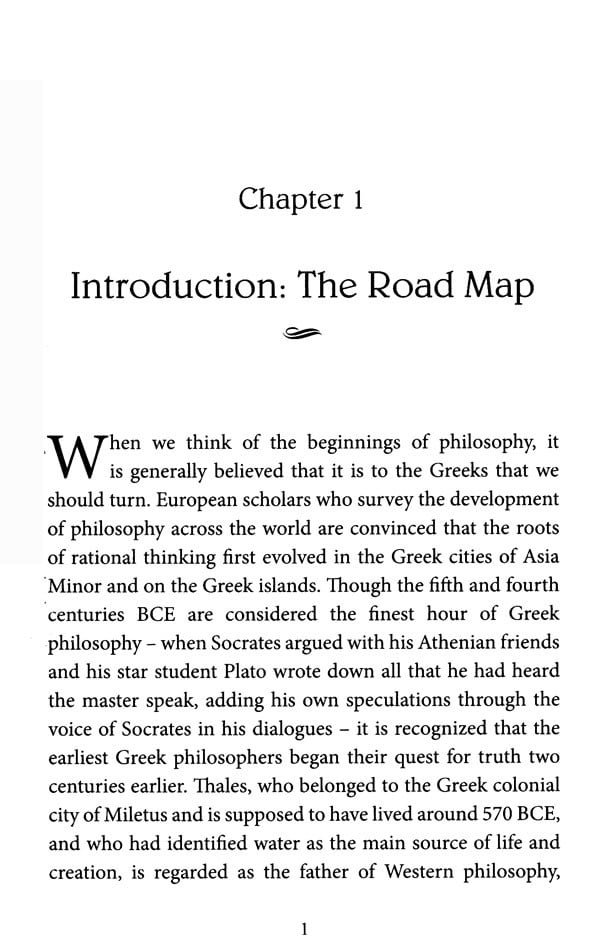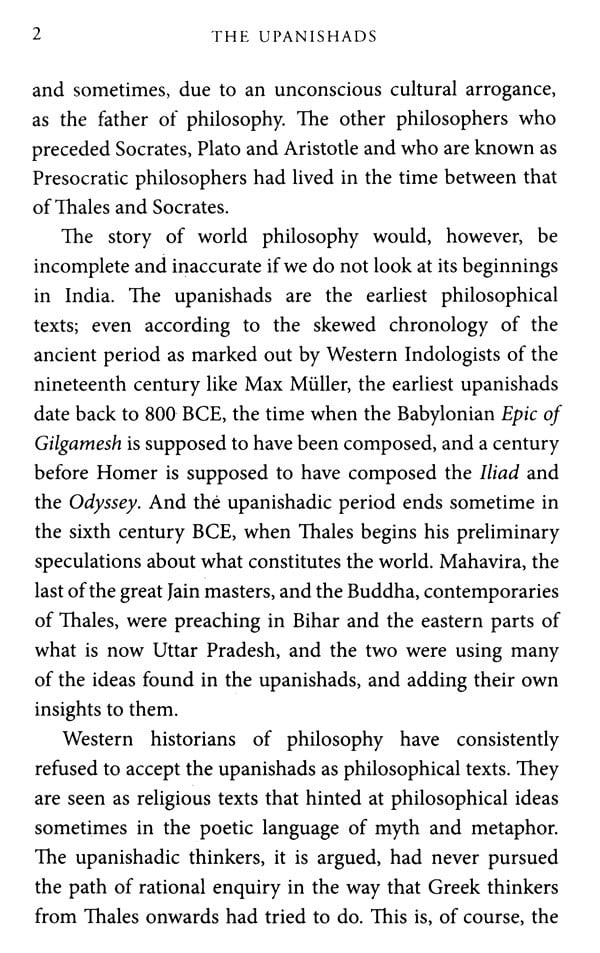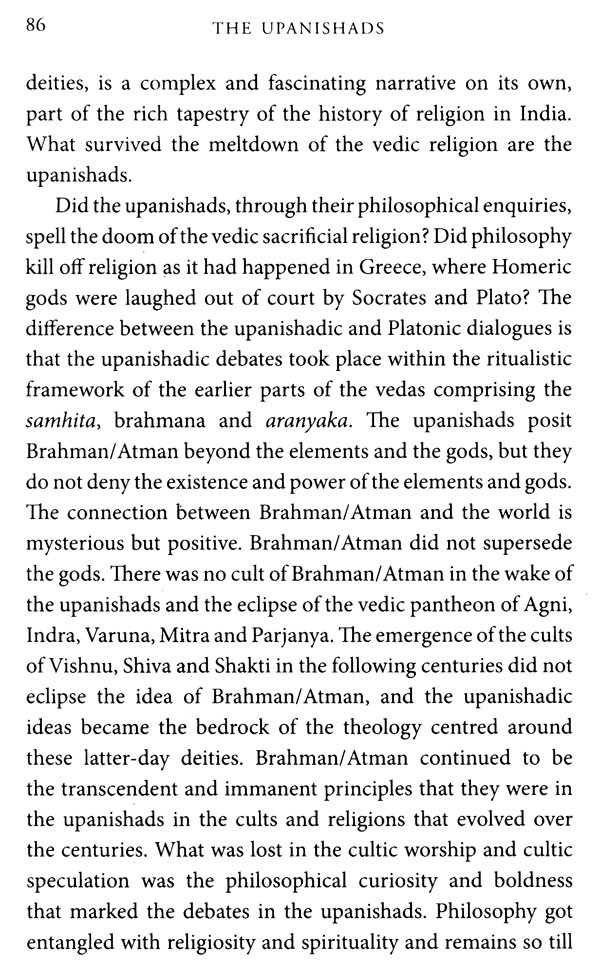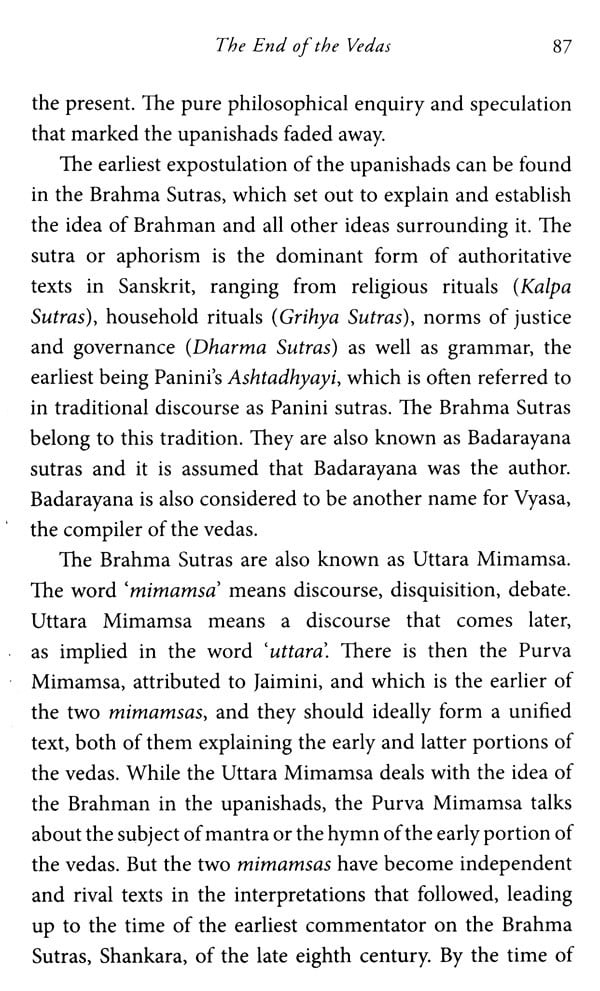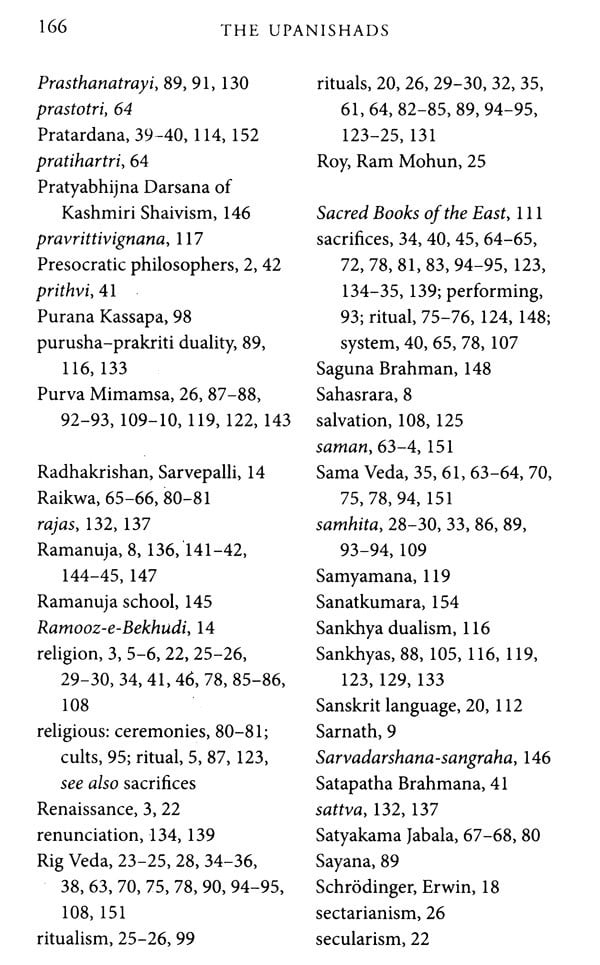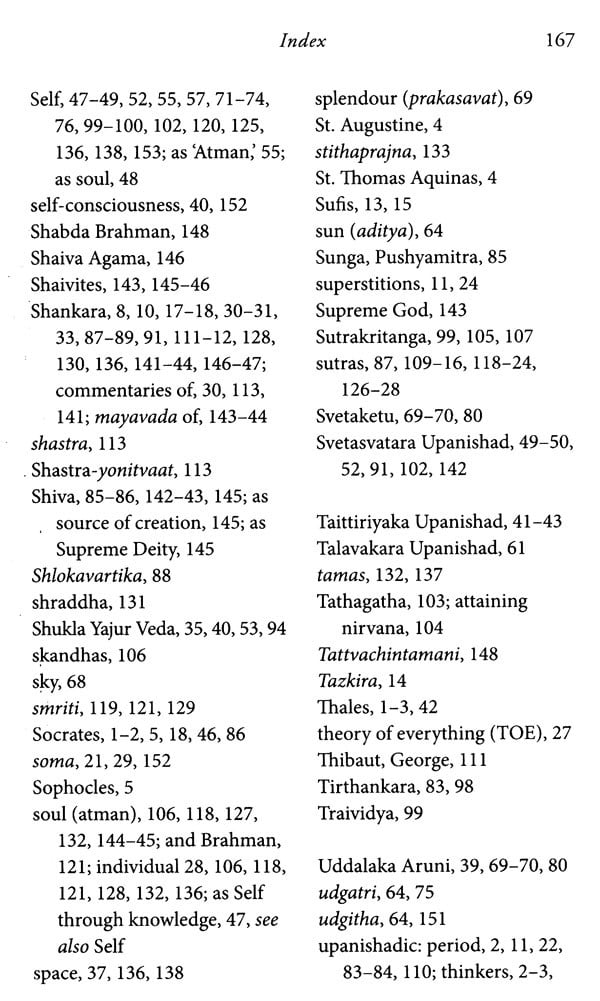
The Upanishads- An Introduction
Book Specification
| Item Code: | UBE414 |
| Author: | Parsa Venkateshwar Rao Jr. |
| Publisher: | Harper Collins Publishers |
| Language: | English |
| Edition: | 2020 |
| ISBN: | 9789353577148 |
| Pages: | 180 |
| Cover: | PAPERBACK |
| Other Details | 8.00 X 5.00 inch |
| Weight | 140 gm |
Book Description
The first volume of the Enclyclopædia of Indian Philosophies, edited by Karl Potter and first published in 1970, is on Gautama's Nyaya Sutras, the first systematic work on logic in ancient India. There is much analysis of the Vedanta school, by which is meant the discursive writing on the subject that begins with commentaries on the upanishads by Shankara, followed by those of Ramanuja, Madhva, Nimbarka, Vallabha and Chaitanya, though there is reference to pre-Shankara Vedanta texts like that of Gaudapada's Mandukya Karika. The upanishads themselves are confined to the misty beginnings of Indian philosophy. This book is an attempt to focus on the upanishads, without eliding the stories and dialogues which seem mystical rather than logical, and to show the earliest lineaments of philosophical debate and insight that lie scattered across what are considered the more important and the older texts.
**Contents and Sample Pages**
